Some breweries hold a special place in history, not just for their beer but for the stories they tell about the times they thrived. Over the years, many beloved breweries have shut their doors, leaving behind a legacy of iconic brews, innovative techniques, and unforgettable memories. Let’s take a moment to explore their journeys and what led to their closures.
Contents
- 1 Anchor Brewing Company
- 2 Tetley’s Brewery
- 3 Beamish and Crawford
- 4 Christian Schmidt Brewing Company
- 5 BridgePort Brewing Company
- 6 South Australian Brewing Company
- 7 Leinenkugel’s Brewery
- 8 American Brewery
- 9 Heurich Brewery
- 10 Olympia Brewing Company
- 11 More From RetailShout
- 12 Trader Joe‘s 20 Limited Edition Autumn Treats You Need to Stock Up On
- 13 22 Walmart Black Friday Deals Perfect for Gift Giving
Anchor Brewing Company
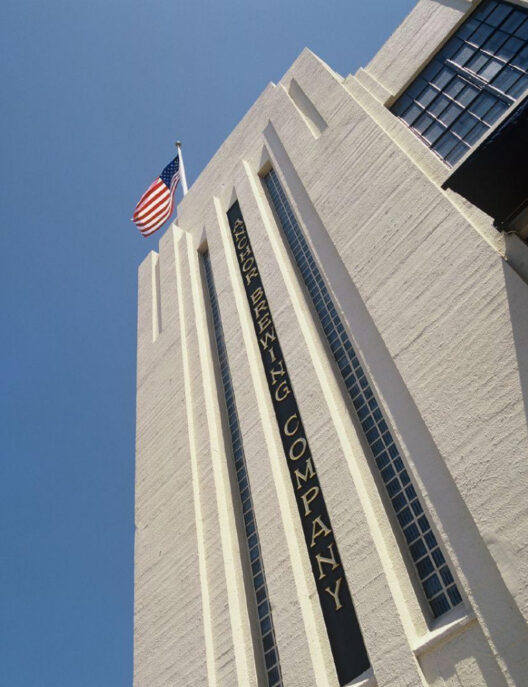
Established in San Francisco in 1896, Anchor Brewing Company was renowned for its steam beer, a unique brewing method that became a hallmark of Californian beer culture. Despite its pivotal role in the American craft beer movement, the brewery faced financial challenges in the 21st century. In 2017, it was acquired by Sapporo Breweries, but continued to struggle with declining sales. In July 2023, Sapporo announced the closure of Anchor Brewing, citing decreased sales and shifting consumer preferences. This decision marked the end of a 127-year legacy in the brewing industry.
Tetley’s Brewery
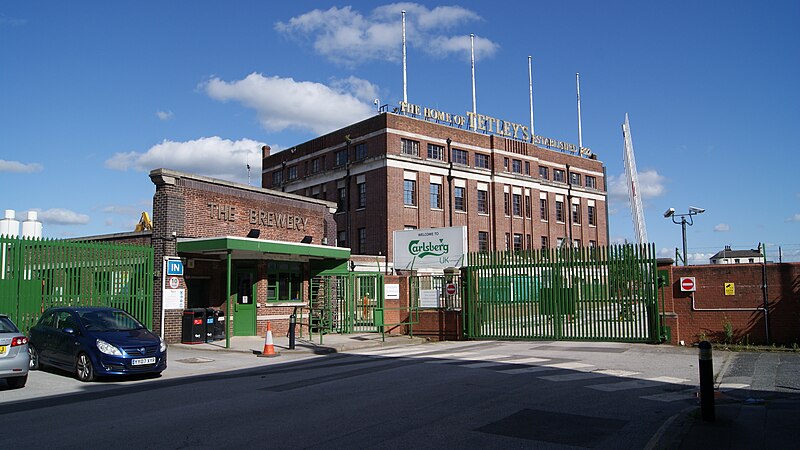
Founded in 1822 by Joshua Tetley in Leeds, England, Tetley’s Brewery became one of the UK’s most prominent beer producers. The brewery expanded significantly over the years, merging with other companies and becoming part of Allied Breweries in the 1960s. Despite its success, the Leeds brewery was closed in 2011 by its then-owner, Carlsberg UK, due to industry consolidation and changing market conditions. The historic brewery buildings were demolished in 2012, ending nearly two centuries of brewing tradition.
Beamish and Crawford
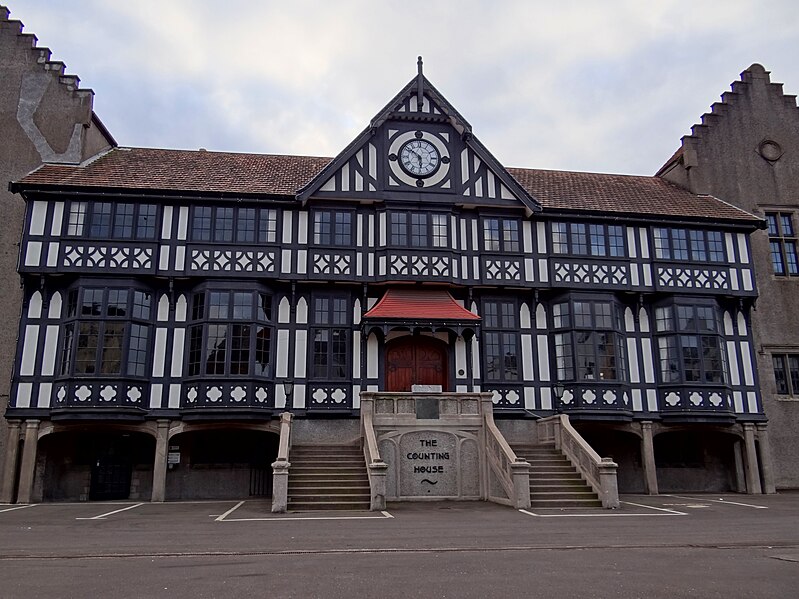
Established in 1792 in Cork, Ireland, Beamish and Crawford was renowned for its stout and held the title of Ireland’s largest brewery in the early 19th century. Over time, ownership changed multiple times, eventually being acquired by Heineken International. In December 2008, Heineken announced the closure of the Beamish and Crawford brewery, with production ceasing in March 2009. The closure resulted in the loss of 120 jobs, and production of Beamish stout was moved to the nearby Heineken-operated facility.
Christian Schmidt Brewing Company

Founded in 1860 in Philadelphia, Pennsylvania, the Christian Schmidt Brewing Company grew to become the largest brewery in the city’s history, producing nearly 4 million barrels of beer annually by the late 1970s. However, the company faced financial difficulties and legal issues in the 1980s. In 1987, Schmidt’s was forced to close, marking the first time in over 300 years that Philadelphia was without an operating brewery. The closure was a significant loss to the city’s brewing heritage.
BridgePort Brewing Company
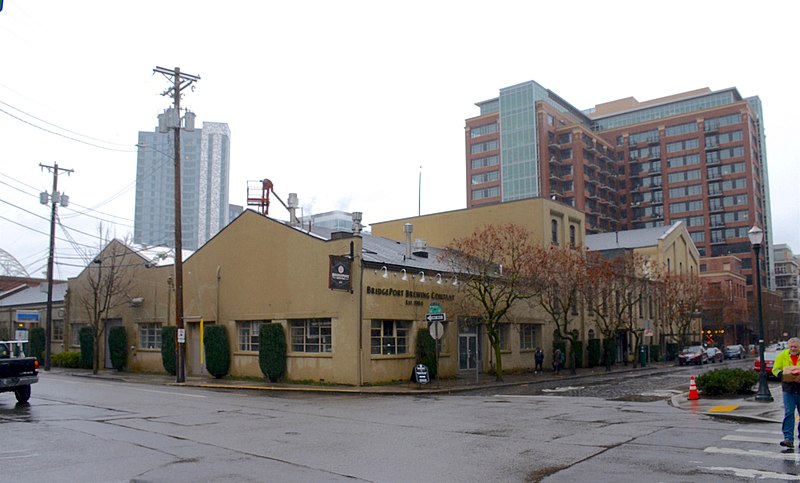
Established in 1984 in Portland, Oregon, BridgePort Brewing Company was one of the state’s earliest craft breweries and played a significant role in popularizing craft beer in the Pacific Northwest. Known for its India Pale Ale, the brewery expanded its distribution to 18 U.S. states. Despite its early success, BridgePort faced declining sales in the late 2010s. In February 2019, the company announced it would cease operations, with the brewpub closing on March 10, 2019.
South Australian Brewing Company
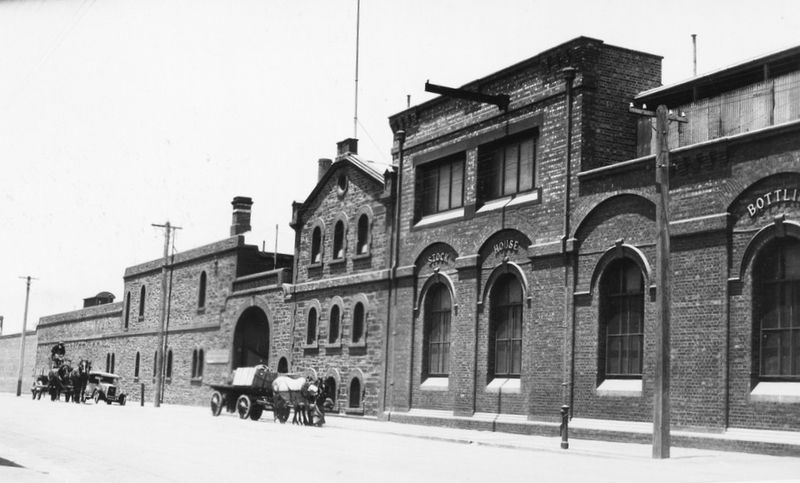
Formed in 1888 in Adelaide, Australia, the South Australian Brewing Company became a prominent beer producer, known for its West End Draught. The company operated the historic West End Brewery in Thebarton, which was a significant landmark in Adelaide. In October 2020, it was announced that the Thebarton brewery would close in June 2021 due to declining beer consumption and the need to streamline operations. The closure marked the end of over 160 years of brewing tradition at the site.
Leinenkugel’s Brewery
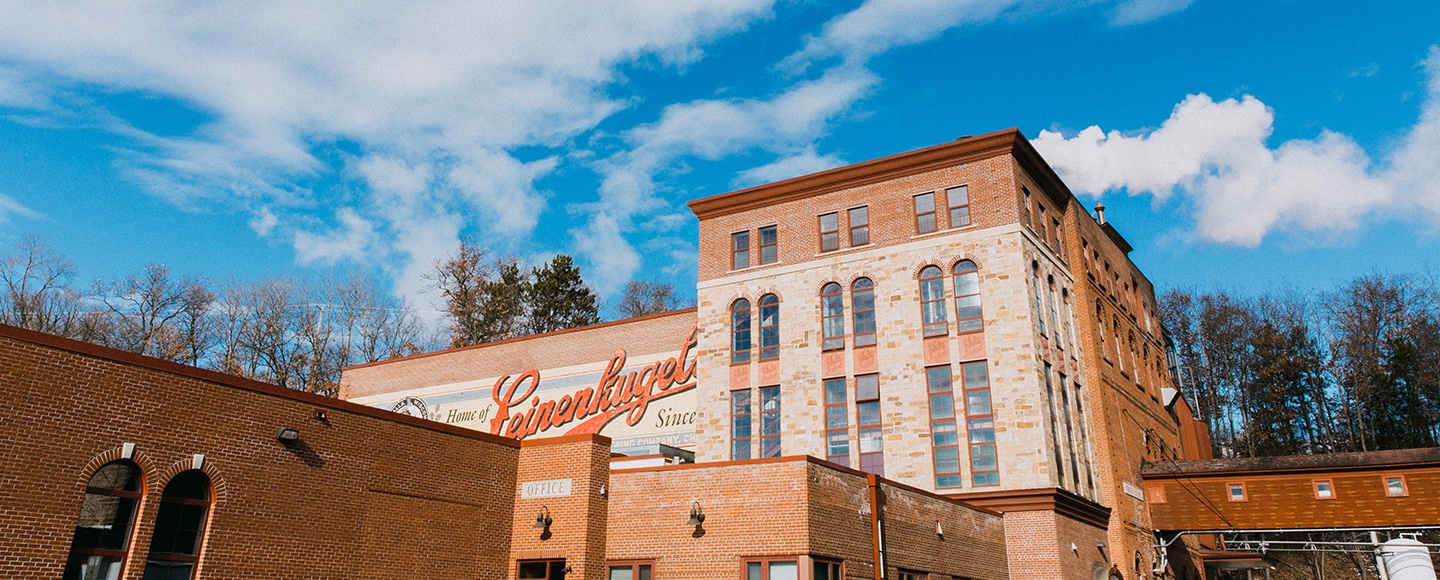
Founded in 1867 in Chippewa Falls, Wisconsin, Leinenkugel’s Brewery was known for its traditional German-style beers and became a staple in the region. In 1988, the brewery was acquired by Miller Brewing Company, which later became part of Molson Coors. Despite efforts to maintain operations, Molson Coors announced in November 2024 that the historic Leinenkugel’s brewery in Chippewa Falls would close after more than 150 years, as part of a strategy to centralize brewing operations in Milwaukee.
American Brewery
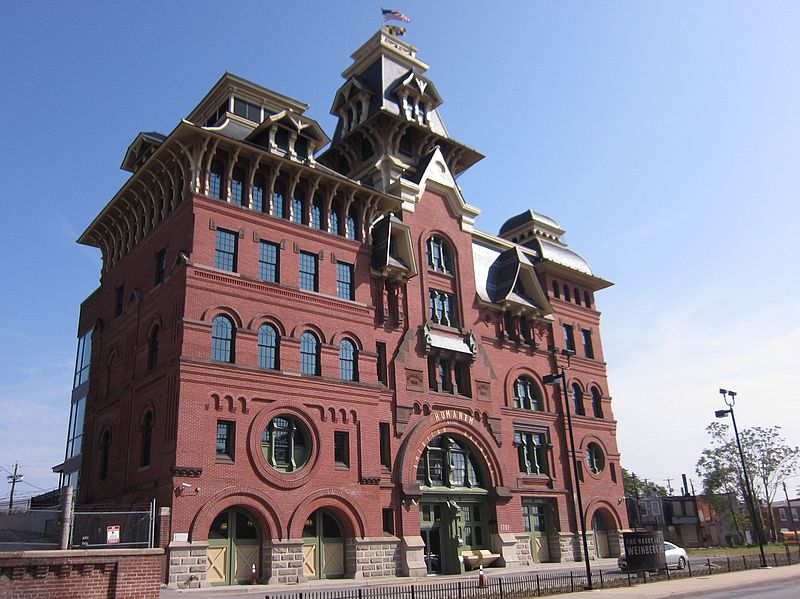
Founded in 1899 in Baltimore, Maryland, the American Brewery was once one of the largest breweries in the city, known for its distinctive Gothic-style building. The brewery ceased operations in 1973 due to declining sales and industry consolidation. The iconic brewery building stood vacant for decades until it was restored and repurposed as office space for a nonprofit organization in 2009. The closure of the American Brewery marked the end of a significant chapter in Baltimore’s brewing history.
Heurich Brewery
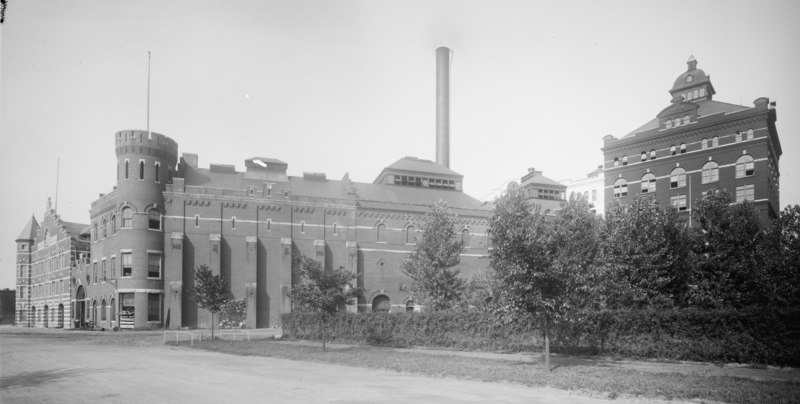
Founded in 1873 by German immigrant Christian Heurich in Washington, D.C., Heurich Brewery became the largest brewery in the nation’s capital. It survived Prohibition and operated until 1956, producing iconic beers like Senate Beer. The brewery’s closure was attributed to rising operational costs and competition from national brands. Its historic brewery building was later demolished to make way for the Kennedy Center for the Performing Arts. Heurich’s legacy lives on through the Christian Heurich House Museum, which preserves the family’s brewing history.
Olympia Brewing Company
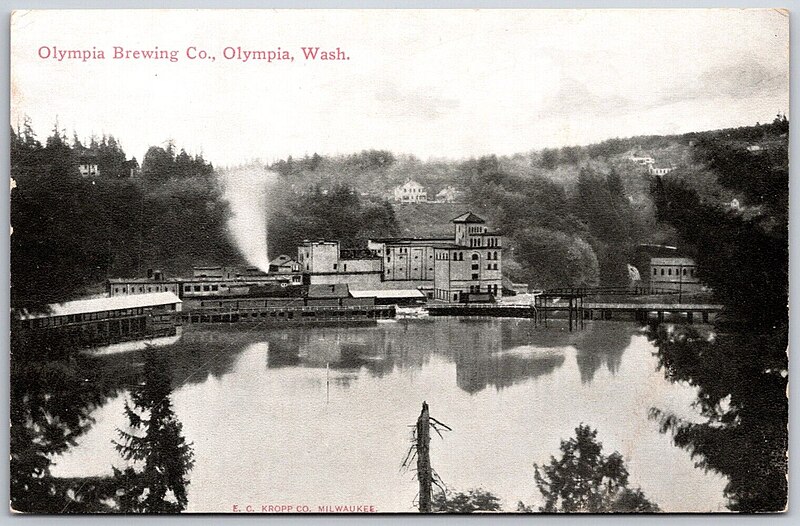
The Olympia Brewing Company was established in 1896 in Tumwater, Washington, and gained fame for its slogan “It’s the Water.” Known for its pale lager, Olympia became a cultural icon in the Pacific Northwest. The brewery changed ownership multiple times, ultimately being acquired by Pabst Brewing Company. Declining sales led to the brewery’s closure in 2003, ending over a century of production. Although the brand still exists, it is no longer brewed in Tumwater.
This article originally appeared on RetailShout.
More From RetailShout
12 Vintage Coffee Shops in the US You Have to Experience
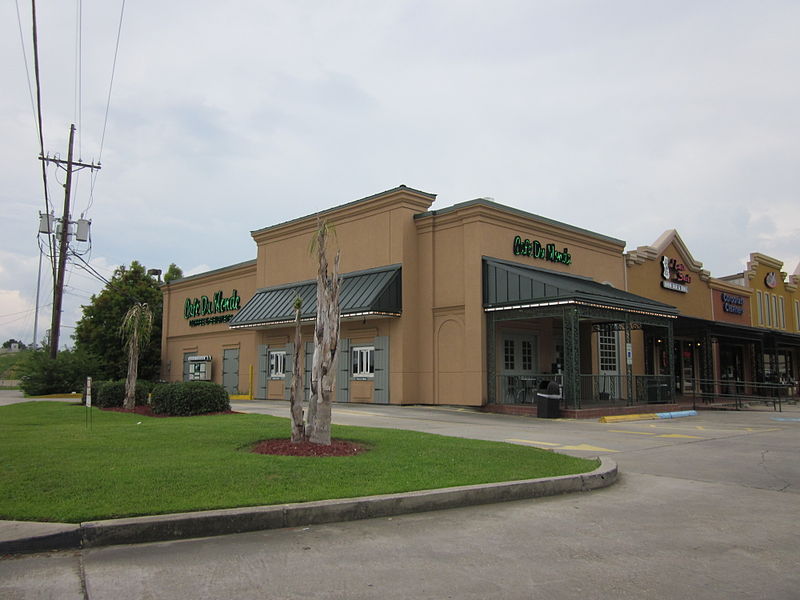
Coffee has been a part of American culture for centuries, but some places know how to serve it with a side of history. Vintage coffee shops across the U.S. transport you to a simpler time, where the vibe is cozy, the decor is retro, and the coffee is brewed to perfection. Read More.
Trader Joe‘s 20 Limited Edition Autumn Treats You Need to Stock Up On

Trader Joe’s autumn treats are back, and they bring all the best seasonal flavors. With a mix of new items and returning favorites, there’s something for everyone to love. Read More.
22 Walmart Black Friday Deals Perfect for Gift Giving
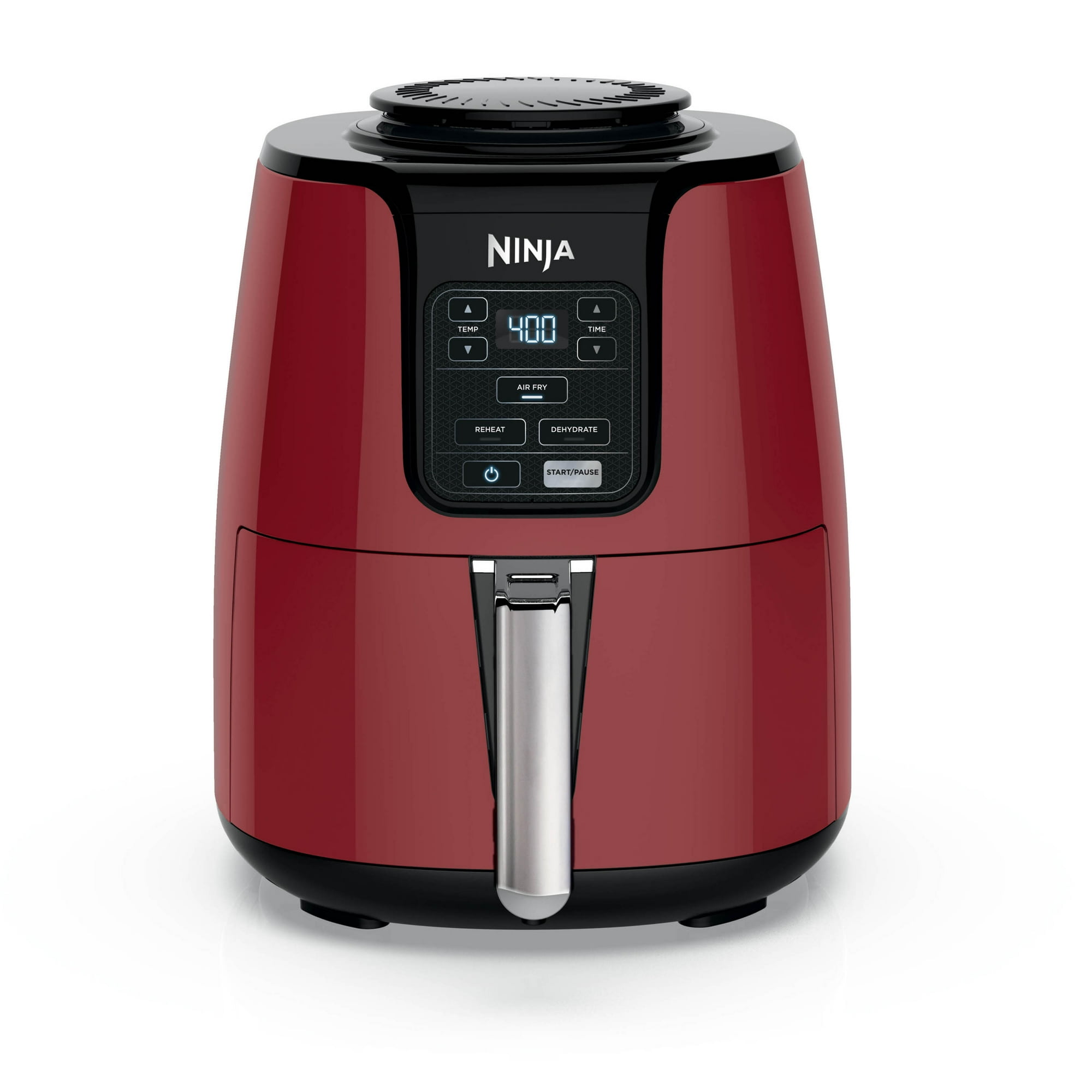
Black Friday is the perfect time to snag amazing deals, especially when it comes to gift shopping. Walmart’s lineup this year is packed with incredible finds that are not just practical but also thoughtful for everyone on your list. Read More.






